Making food security a top priority
Updated: 2016-03-22 10:46
By Karl Wilson in Sydney(China Daily)
|
|||||||||
Speaking on the sidelines of the fourth session of China's 12th National People's Congress in Beijing earlier this month, Minister of Agriculture Han Changfu highlighted that food security is still a major priority for the country.
Upgrade required
"In the modernization process, agriculture is lagging compared with other sectors, such as urbanization, industrialization and information technology," the minister said.
"We need to restructure and upgrade the business models and production systems which focus on technology, and extend the production chain of agriculture."
China aims to promote supply-side reform, Han added, as some products are excessive while others are in short supply.
"The purpose of reform is to increase the quality and efficiency of supply, ensure stable production, and reduce pressure on the environment."
He said food security has now become a major issue for the government and pledged the authorities will "spare no efforts to solve problems, no matter how minor they are".
"We will keep maintaining a tough stance on both production and the supervision procedures, in a bid to ensure that people consume quality-assured food. We should not only eat well but also safe," he said.
Han said the government will continue to crack down on illegal food additives as well as substandard pesticide residues.
China's demand for food will still remain high as the population increases with the ending of the one-child policy. According to Chinese media reports, grain output reached over 620 million tons in 2015. The figure has increased over 12 consecutive years.
Of that amount, however, about one-fifth was imported, according to a report by China Radio International (CRI).
"Grain from foreign countries is indeed cheaper than ours, much cheaper," Han told CRI in an interview. He said the scale of China's agriculture is small and the cost is high.
"So we don't have any advantage in grain prices. For that reason, we've imported a large amount of grain."
He added that China will not seek a consecutive increase in grain output during the next five years, but authorities will consolidate and improve grain output capacity.
Wei Longbao, deputy dean of the China Academy for Rural Development at Zhejiang University, said that since 2003 the government has been offering subsidies and buying agricultural products at protective prices to encourage farmers to grow more grain.
- NASA's Kepler sees first 'shock breakout' in exploding star
- First case of Zika virus detected in S.Korea
- Syrian mothers: Survival and loss
- Gender barrier falls as Air Force general makes history
- Russia retrieves data from recorder of crashed plane
- Obama arrives in Cuba to begin visit in thawing of ties
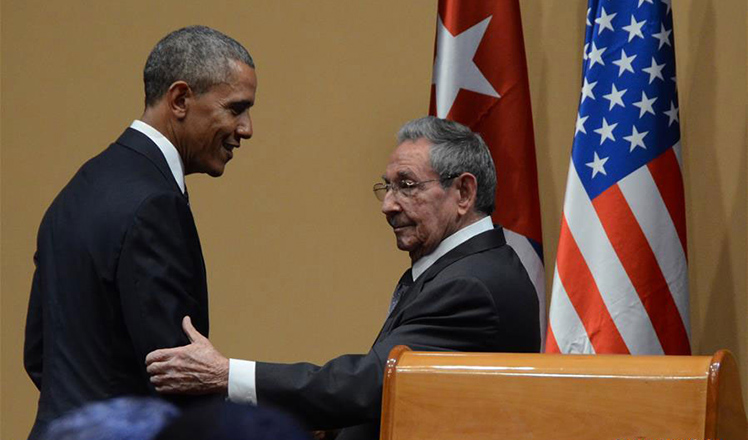
 Raul Castro and Obama hold talks in Havana
Raul Castro and Obama hold talks in Havana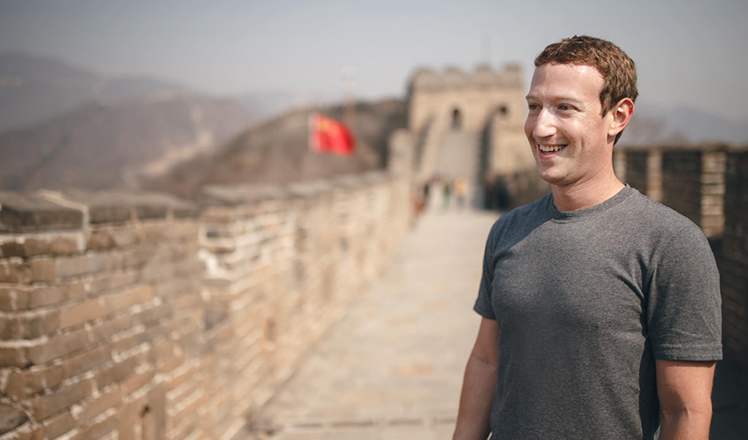
 Facebook's Mark Zuckerberg visits China's Great Wall
Facebook's Mark Zuckerberg visits China's Great Wall
 Apple releases smaller iPhones for new consumers
Apple releases smaller iPhones for new consumers
 China's 'sleep testers' search hotels for a good night's rest
China's 'sleep testers' search hotels for a good night's rest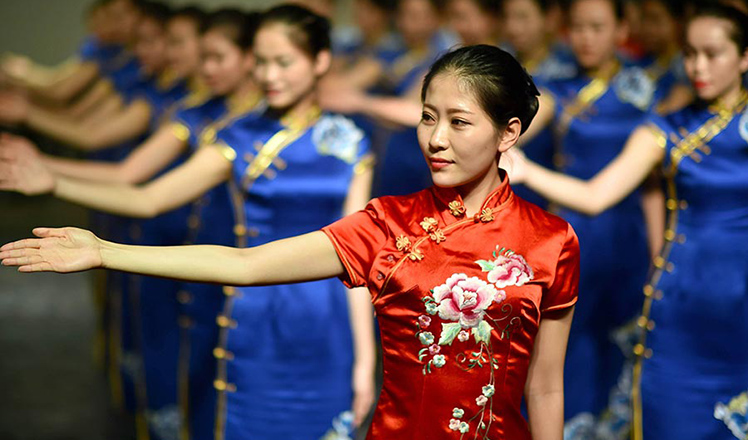
 Practice makes perfect: Preparing for Boao forum
Practice makes perfect: Preparing for Boao forum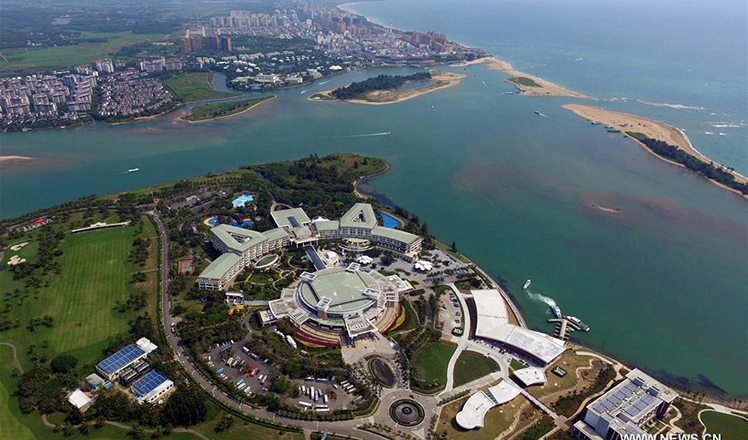
 A look of Boao Forum for Asia International Conference Center
A look of Boao Forum for Asia International Conference Center
 Culture Insider: 5 things you may not know about the Spring Equinox
Culture Insider: 5 things you may not know about the Spring Equinox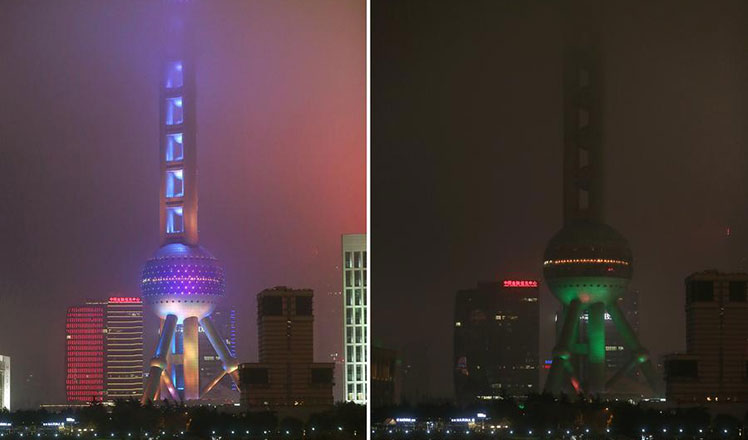
 Landmarks go dark in China for Earth Hour
Landmarks go dark in China for Earth Hour
Most Viewed
Editor's Picks

|

|

|

|

|

|
Today's Top News
Marriott unlikely to top Anbang offer for Starwood: Observers
Chinese biopharma debuts on Nasdaq
What ends Jeb Bush's White House hopes
Investigation for Nicolas's campaign
Will US-ASEAN meeting be good for region?
Accentuate the positive in Sino-US relations
Dangerous games on peninsula will have no winner
National Art Museum showing 400 puppets in new exhibition
US Weekly

|

|








